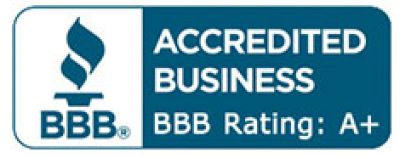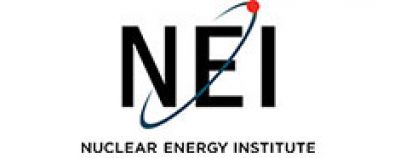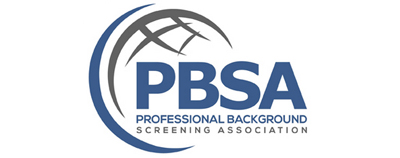Ninth Circuit Court Rules on FCRA Disclosure
May 17, 2023 | Compliance
The Ninth Circuit Court of Appeals held in Gilberg v. California Check
Cashing Stores, LLC, that their disclosure language did not satisfy the
FCRA’s and ICRAA’s “clear and conspicuous” language requirement.
Gilberg v. California Check Cashing Stores LLC, involves a class action filed by Desiree Gilberg, a former employee of CheckSmart Financial, LLC. Before starting work, she signed a “Disclosure Regarding Background Investigation” form, which stated that CheckSmart may obtain a consumer report, and that the applicant had the right to request a copy of this report. The form also included information regarding the applicant’s right to obtain a copy of the report under various state laws. Gilberg alleged that this disclosure violated the FCRA and ICRAA (California Investigative Consumer Reporting Agencies Act). The Ninth Circuit agreed and reversed the district court’s grant of summary judgment to CheckSmart.
The Court held that the disclosure violated the FCRA’s standalone document requirement, by including state law notices. They cited their decision in Syed v. M-I, LLC, 853 F.3d 492 (9th Cir. 2017) by reiterating that the statute means what is says: the required disclosure must be in a document that consists ‘solely’ of the disclosure.
The court also held that the disclosure was not “clear”. The CheckSmart disclosure contained the following language:
The scope of this notice and authorization is all-encompassing; however, allowing CheckSmart Financial, LLC to obtain from any outside organization all manner of consumer reports and investigative consumer reports now and, if you are hired, throughout the course of your employment to the extent permitted by law.
The court’s issue was primarily with the use of the term “all-encompassing” and the fact that CheckSmart did not explain the meaning of that language, and also held that the second part of the sentence after the semicolon was incomplete. The court held that this sentence “suggests that there may be some limits on the all-encompassing nature of the authorization, but it does not identify what those limits might be.”
The court also held that the New York and Maine state law notice informing applicants of their right to receive a copy of their report would likely confuse readers and imply only applicants in those states have the right to their report. The actual intent of this notice is to satisfy the requirement of these states to provide notice at this stage of the application process.
The court focused their attention on specific sentences in the disclosure, rather than the form in its entirety. The CheckSmart disclosure did meet the “clear and conspicuous” requirement in the first two sentences, which informed of the intent to obtain a consumer report for employment purposes; however, the court took issue with a few specific sentences and grammar.
Another thing to note about this case, is that Gilberg never actually made a claim that the disclosure confused her or that she didn’t understand what she was signing. It’s a bit odd that no one addressed if she even had standing to sue. The court took the occasion to hold that it could have confused someone, despite the fact that this allegation wasn’t made.
What does this mean for employers?
Review the language and grammar on your disclosure forms immediately. Ensure your form meets the “clear and conspicuous” and “standalone disclosure” requirements. Don’t leave room for your forms to be challenged. It is now more important than ever to keep your Disclosure and Authorization forms separate. Do not include state notices on your disclosure form; these should remain on the Authorization form or be provided as separate notices.
This latest decision from the Ninth Circuit is another in an ongoing trend regarding disclosure forms, and this one may signify a move toward a new standard. While the courts apply a “reasonable person” standard when evaluating disclosure forms, this decision takes it a step further. Some employers add language or reword the statutory language to give the disclosure form a more official feel. Avoid doing this – the point of the disclosure form is absolute simplicity so no applicant can be confused or claim they didn’t understand what they were signing. Have your forms reviewed by legal counsel who is fluent with the Fair Credit Reporting Act.
Devata, P. Q., McDonald, E., Drury, J., Bateman, C. (2019, February 5). The Ninth Circuit Demands Simplicity: Background Check Disclosure Forms That Contain State-Law Notices Or Improper Grammar Violate The FCRA.
Pinnacle does not provide legal advice. We strongly advise that employers consult with legal counsel to ensure their disclosure and authorization forms are legally compliant.
« Back






